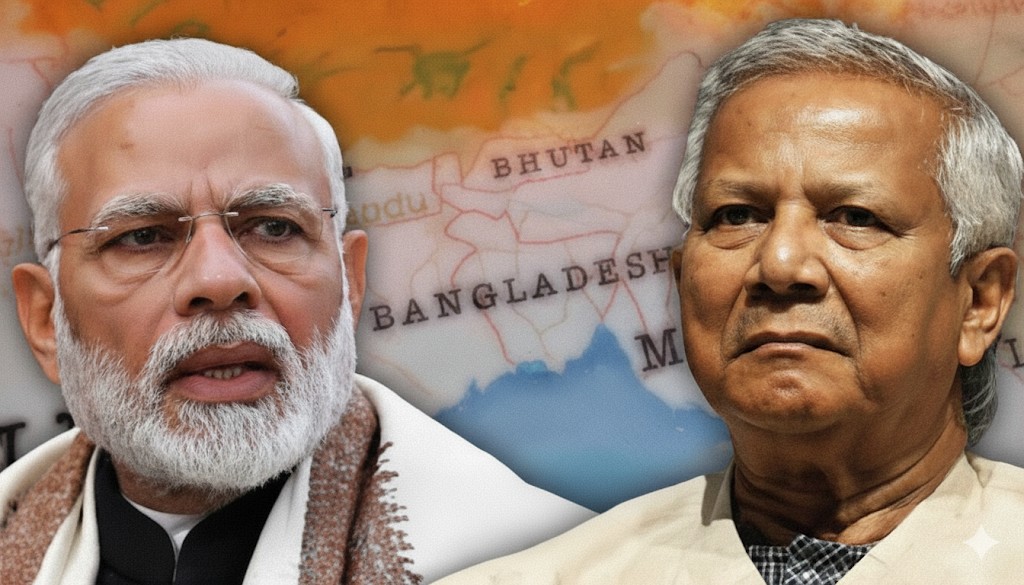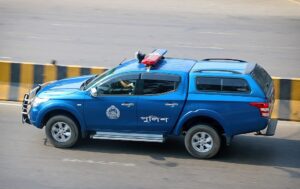This content is restricted to site members. If you are an existing user, please log in. New users may register below.
Bangladesh–India Relations: At Their Lowest Point

Reading Time: 3 minutes Bangladesh and India now stand at the nadir of their bilateral relationship. The pretence of “historic ties” and “friendship” has collapsed under the weight of political interference, propaganda, and open hostility. India’s decision to harbour Sheikh Hasina — the disgraced former prime minister, condemned by millions as a mass killer and the embodiment of corruption — is not just an insult to the people of Bangladesh. It is a direct assault on our sovereignty. Professor Muhammad Yunus, Chief Adviser to the interim government, could not have been clearer. He has given a frank account of how New Delhi has chosen the wrong side of history. Rather than respecting the democratic aspirations of the Bangladeshi people, India has thrown its weight behind the very regime that brought untold misery, looted the state, and drowned opposition in blood. By hosting Hasina and her cronies, India signals that it

